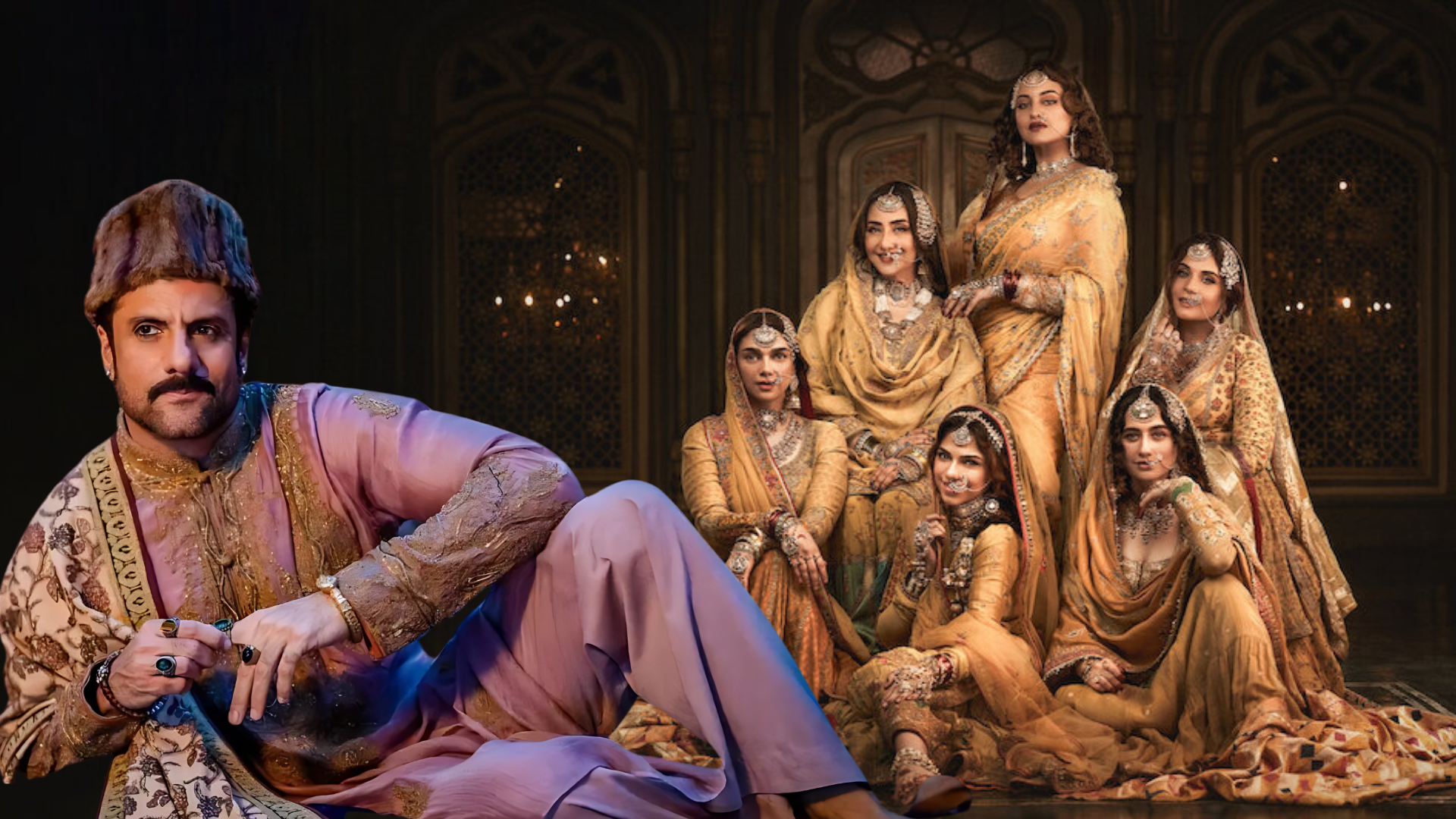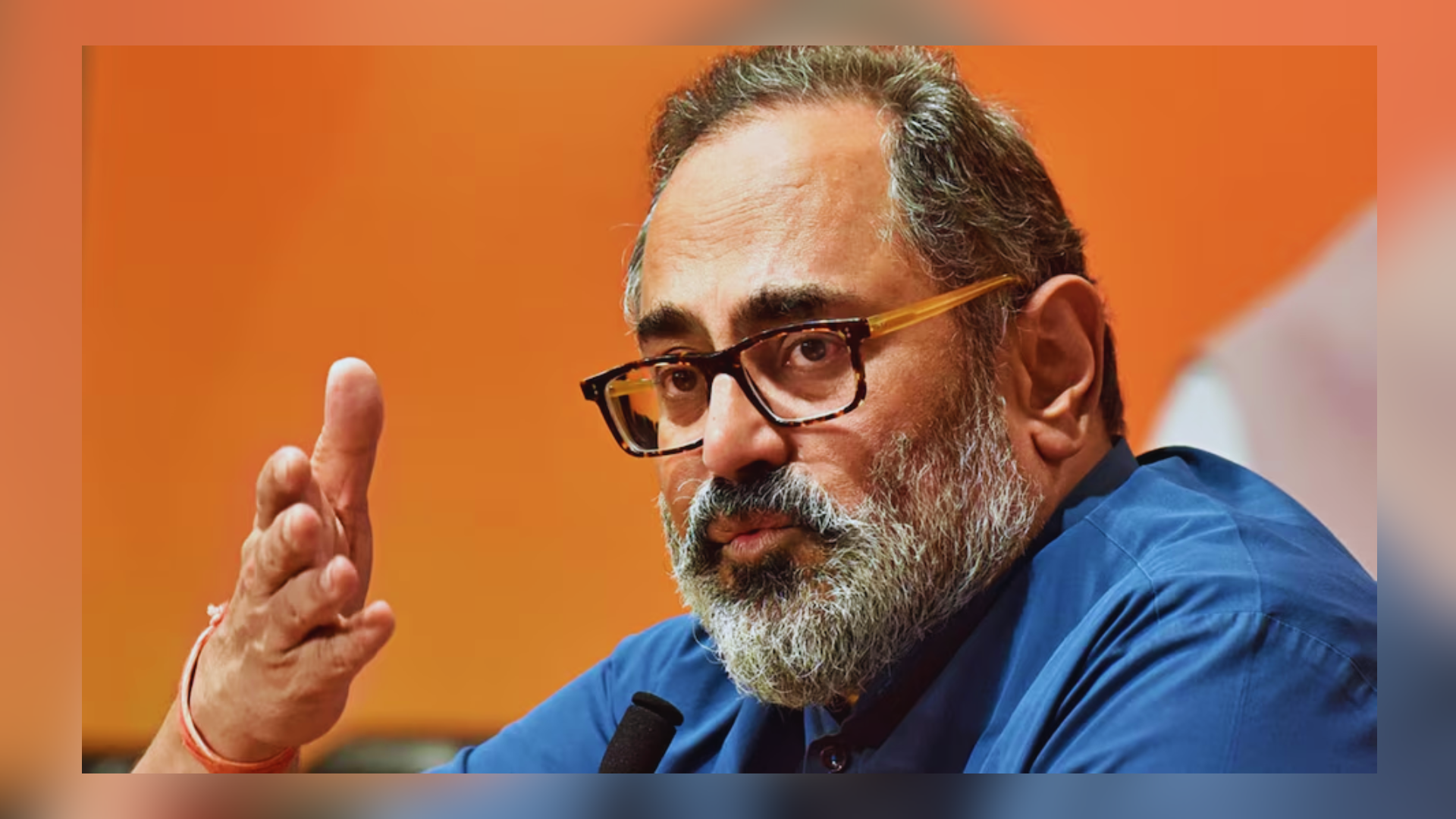



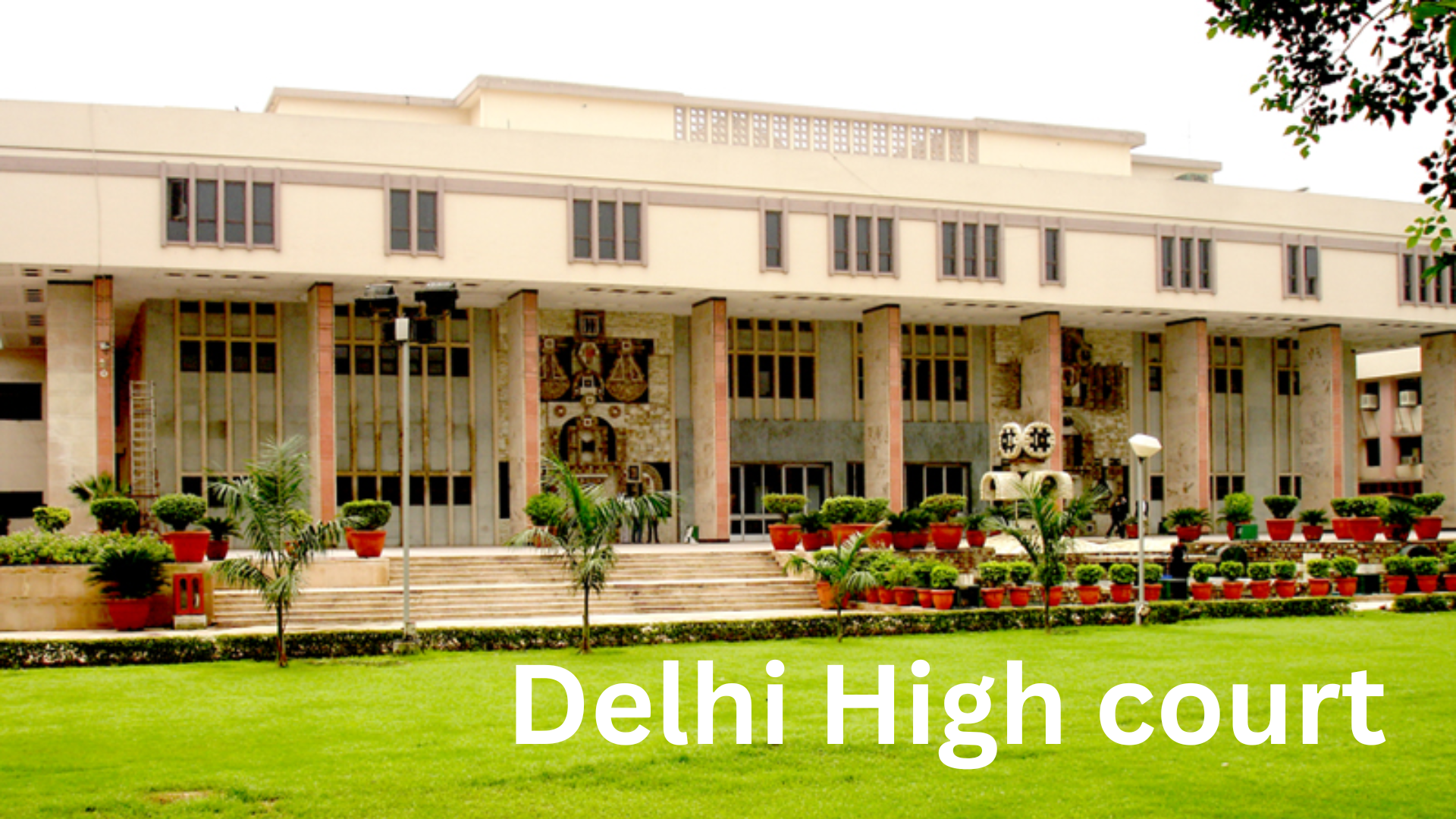
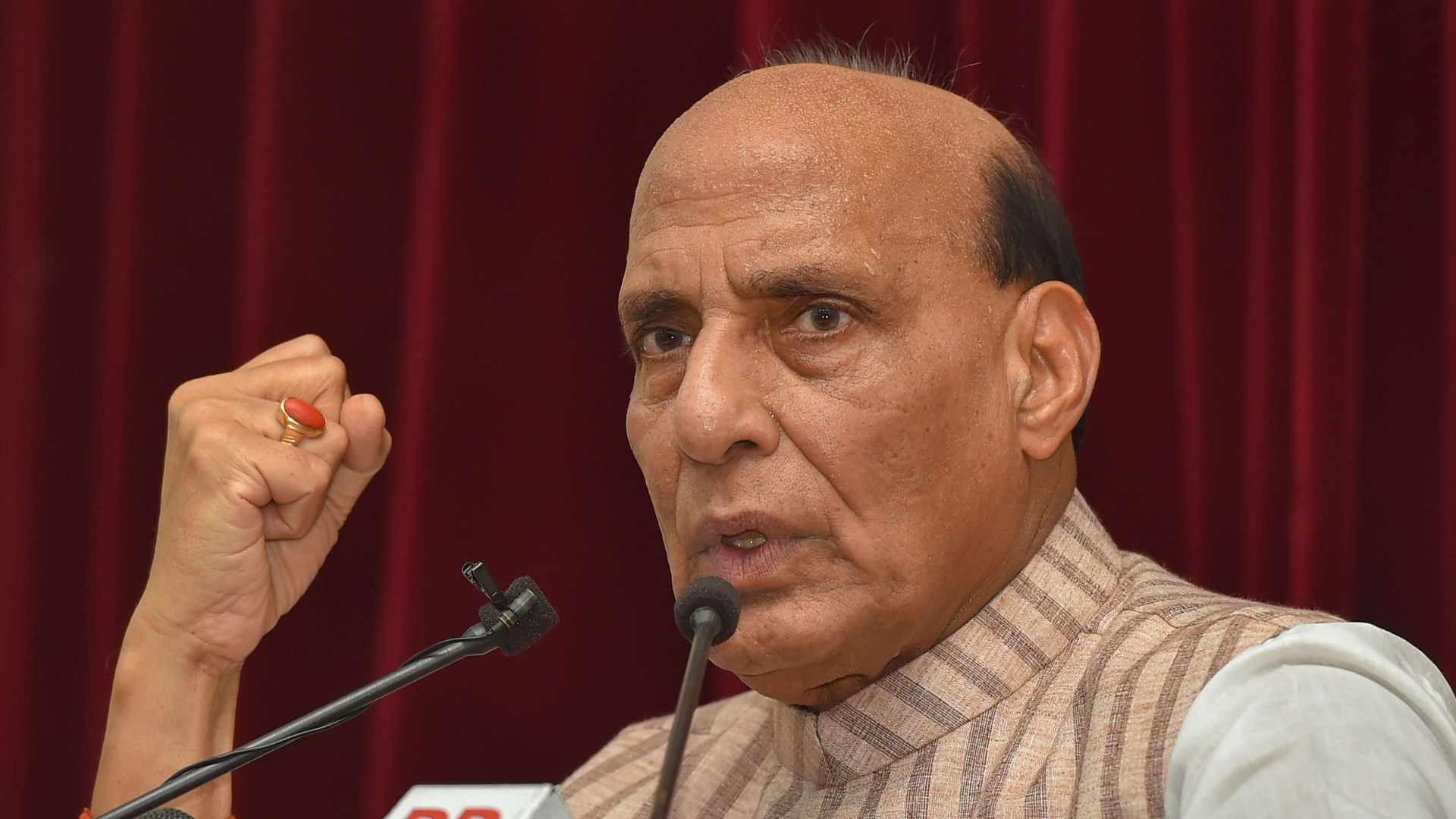
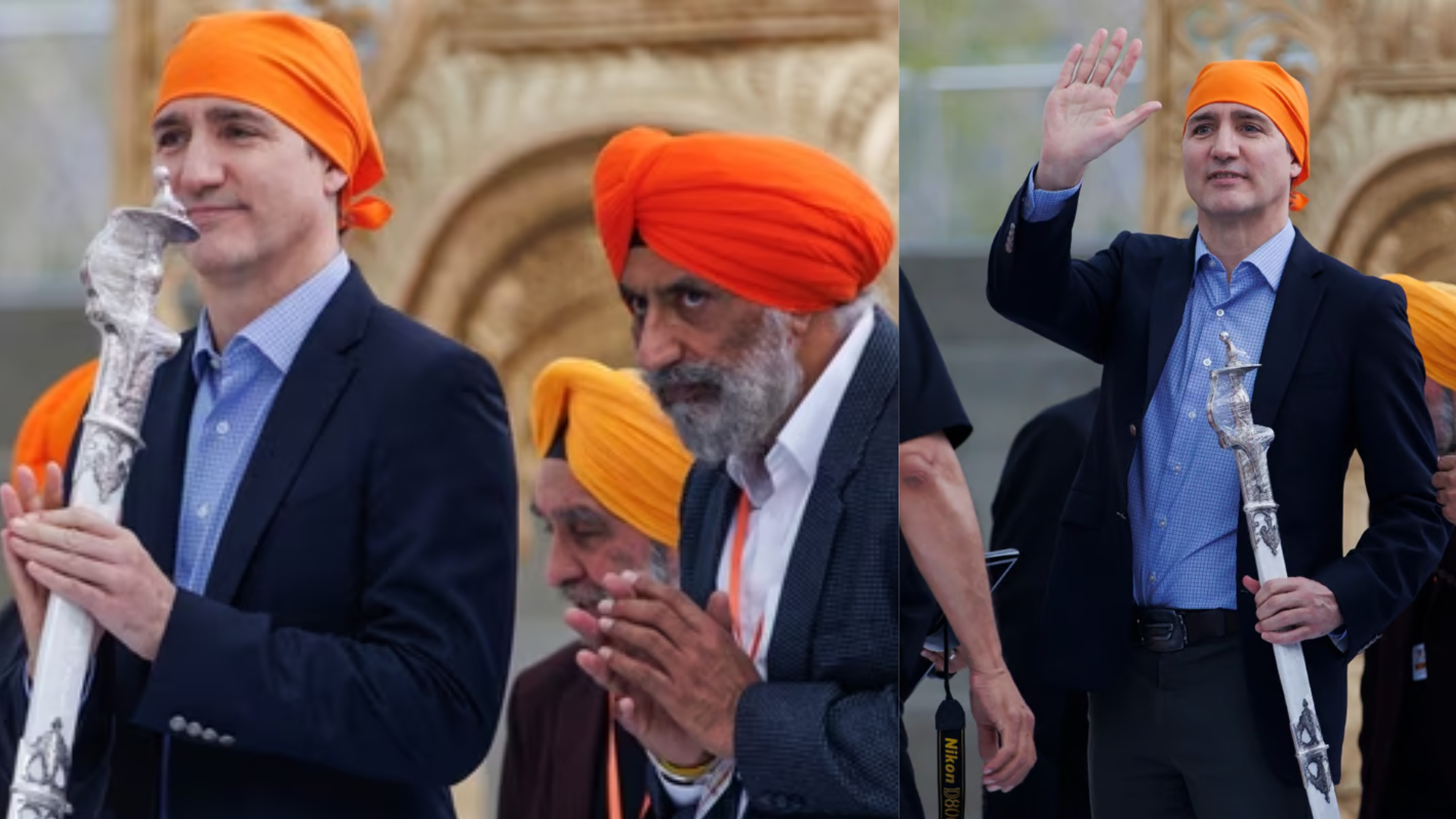
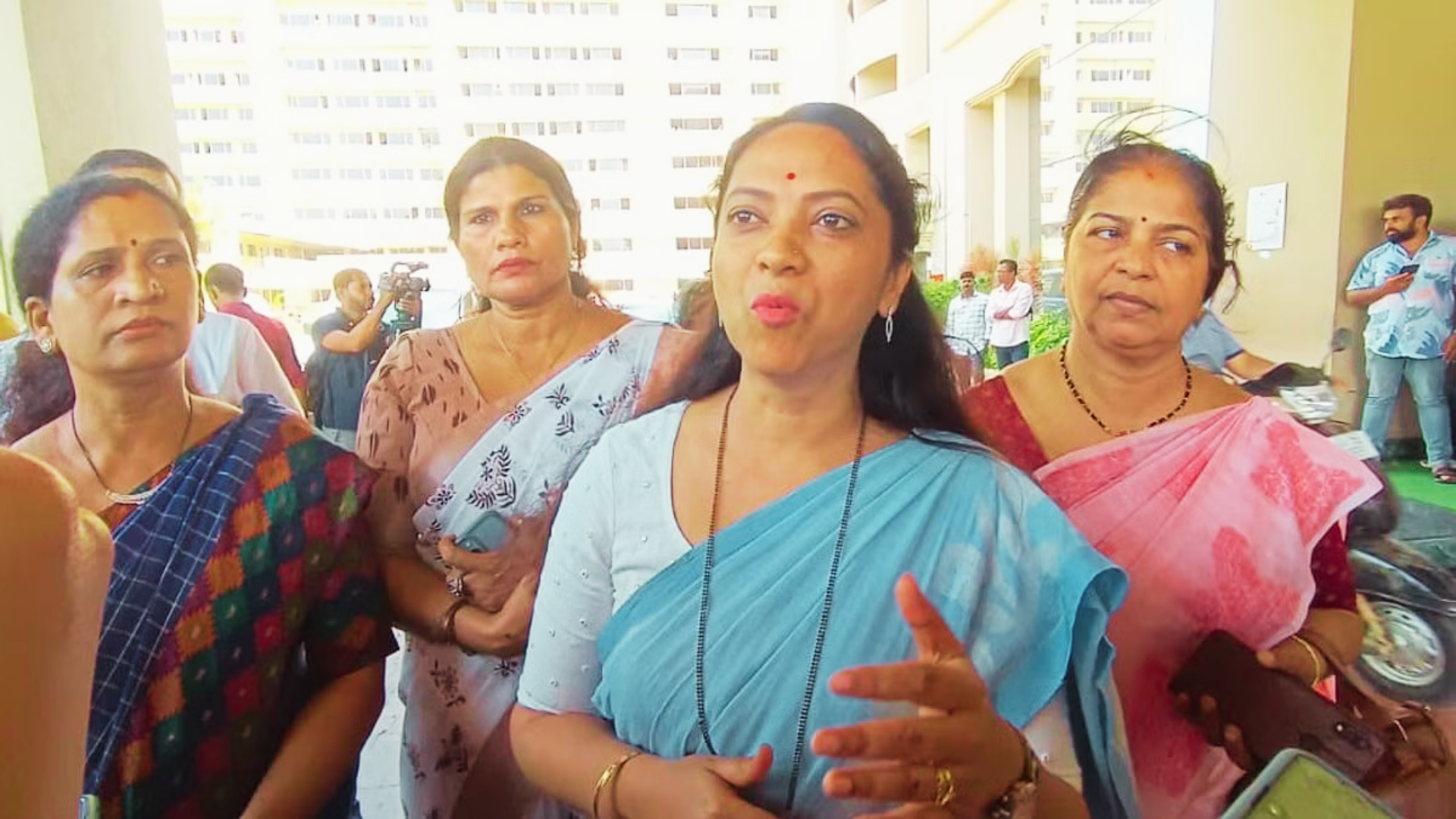

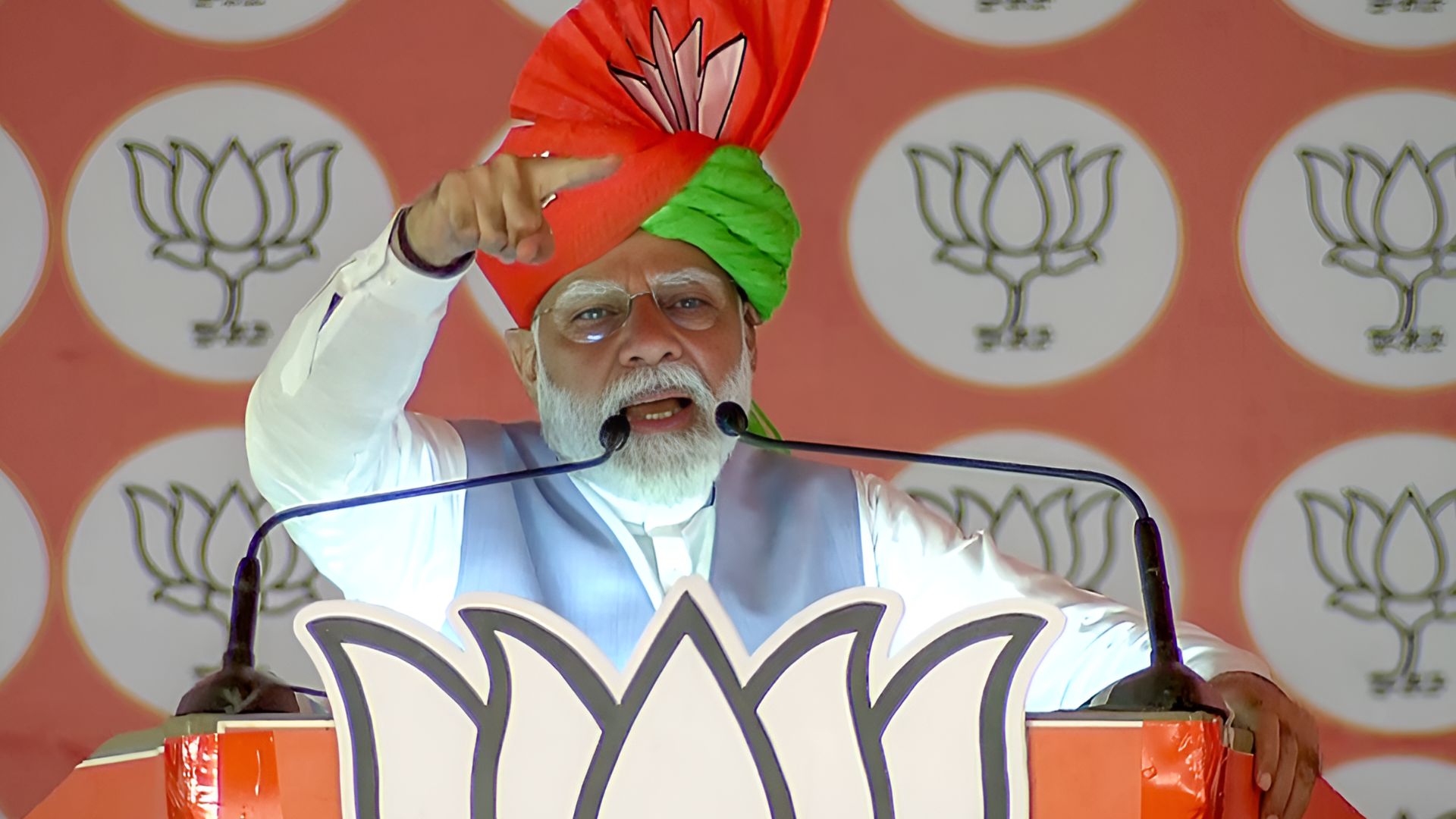
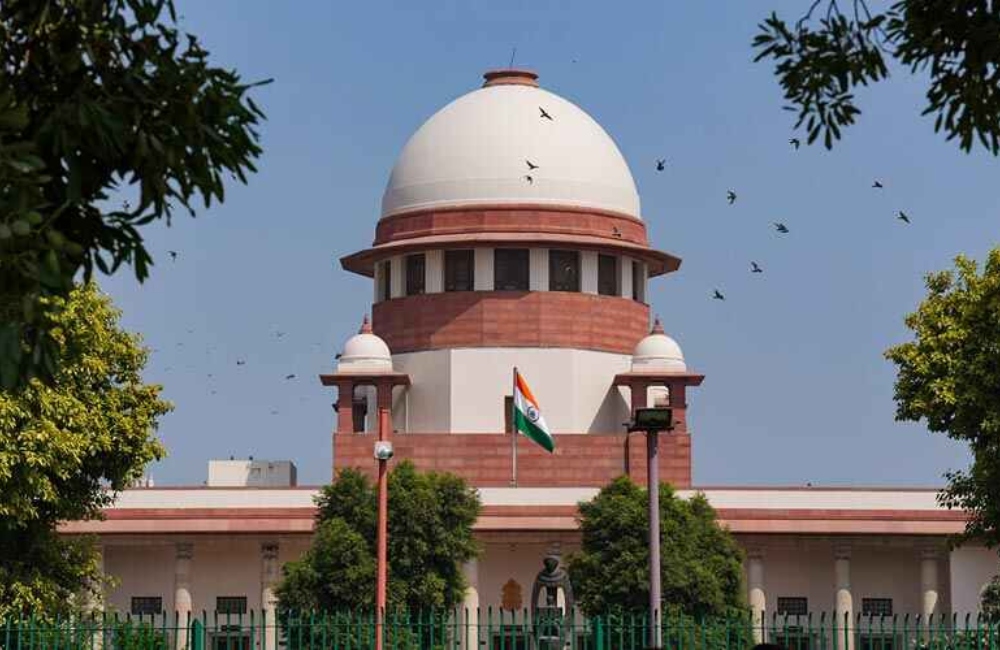
Ministers, MPs, and MLAs’ freedom of speech cannot be further restricted, the Supreme Court Constitution Bench said on Tuesday. The court ruled that there are no more justifications than these for limiting free expression.
The court ruled that statements made by ministers, MPs, and MLAs cannot be indirectly ascribed to the government, even if they may be linked to it.
Let’s examine how the court arrived at the conclusion that more limitations on ministers’, MPs’, and MLAs’ right to free expression needed to be imposed. It all started with an instance of gang rape.
The Gang Rape
On the evening of July 16, 2016, a group of highway robbers stopped the automobile of a family from Noida and forced the lady and her daughter out of the car while holding them at gunpoint near Bulandshahr, Uttar Pradesh. At that time, Akhilesh Yadav, the chief minister of the state, led the Samajwadi Party, which held power.
THE REMARK OF AZAM KHAN
Azam Khan, a senior party official, and cabinet member described the episode as nothing more than a political plot against the Uttar Pradesh administration.
Azam Khan apologised in December of the same year, as reported by the highest court, but the justices noted that his use of terms like “if” and “then” made it seem like his apology was not sincere. Azam Khan offered an SC unconditional apologies and conveyed his profound regret through Kapil Sibal, who served as his representative.
However, the court ruled that there must be a discussion on the issues of free speech, expression, and the potential influence of remarks made by persons in positions of authority on an impartial investigation into horrendous crimes like rape and molestation. The hearings went on.
In 2017, the Supreme Court referred to a Constitution Bench to address the issue of whether a senior official, such as a Minister of State, can make statements that could lead victims of crime to doubt the objectivity of an inquiry.
The court was to determine if additional constraints on ministers, MPs/MLAs, and others holding high state officials’ basic right to free expression were necessary. The jury had to rule on whether or not there needed to be a formal code of behaviour for lawmakers.
The constitution bench made the observation during the hearing that it is an unwritten norm that those in public service must exercise self-control and make sure they do not utter derogatory words; this must be ingrained in political and civic life.
On November 15 of this year, the five-judge constitution bench—which was presided by by Justice SA Nazeer and included Justices B R Gavai, AS Bopanna, V Ramasubramanian, and BV Nagarathna—had reserved its decision.
Azam Khan has spent time in and out of jail due to a number of different charges. He was recently expelled from the state legislature after being found guilty in a hate speech case from 2019. In the subsequent byelection, in which Azam Khan’s ally Asim Raja ran as the Samajwadi Party’s nominee, the BJP triumphed in his stronghold of Rampur.

